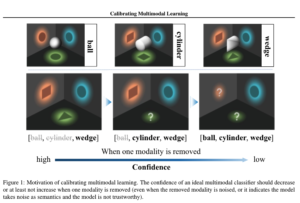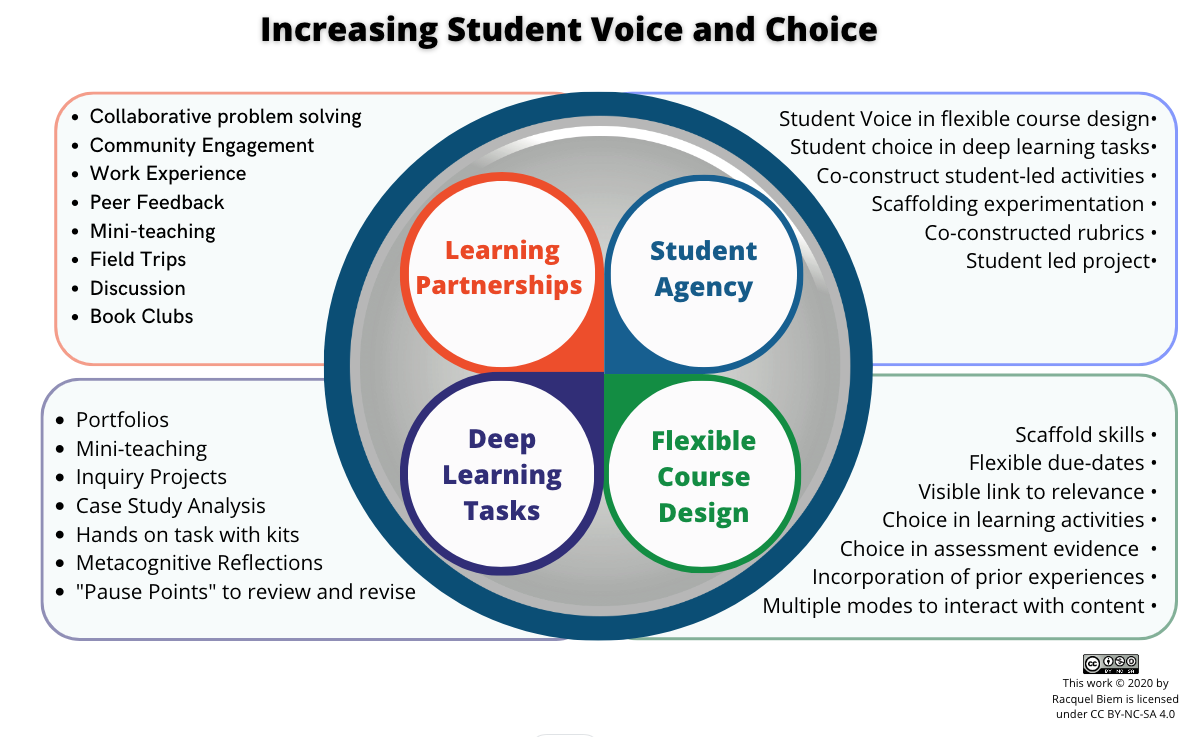From Modelling to Designing Intercultural Curricula

Summary: Intercultural curricula can enrich learning. Discover practical steps and strategies to effectively design inclusive and diverse educational programs.
Date of publishing: November 18, 2019
You are on this page because you believe that you have pretty decent intercultural teaching capacities. This is evidenced by your continued commitment to developing an awareness of your own identity and modelling perspective-taking. Students in your course have the opportunity to interact with different worldviews because you know that makes them smarter. You actively create opportunities to build relationships between ‘others’ and can recognize barriers to student participation – you’ve essentially applied using your intercultural capacity to inform teaching practices. So now you must be wondering, “What’s next? How can I further internationalize in my course?” No fear, you are not alone. Dimitrov and Haque (2016) have some suggestions for “curriculum design competencies”.
“Effective instructors are able to critically evaluate the curriculum and create learning materials that transcend the limitations of monocultural disciplinary paradigms, scaffold student learning so students have a chance to master intercultural skills relevant to their discipline, and design assessments that allow students to demonstrate learning in a variety of ways.” (Dimitrov, N., & Haque, A., 2016)
Key questions to ask yourself on your internationalization journey:
- Does my course syllabus have a specific learning outcome where a student is asked to demonstrate specific knowledge, skills, or attitudes of a global or international design?
- Do all the authors of my selected articles look or sound like me and if so, why – and can I change this?
- Are students asked to take different perspectives, like the image above, in assessed work (work that is evaluated for marks)?
- Do students have any choice in their assessment? Are different communication styles encouraged?
- Does my course allow students the opportunity to develop a more robust disciplinary identity aligned with their cultural or personal identity?
If answering these questions leaves you with more questions, it’s likely a good time for a conversation with the Gwenna Moss Centre for Teaching and Learning. We can help individually or direct you to one of our workshops to meet your needs.
References
Dimitrov, N., & Haque, A. (2016). Intercultural teaching competence: A multi-disciplinary model for instructor reflection. Intercultural Education, 27(5), 437–456. DOI: 10.1080/14675986.2016.1240502
Ma, X., & Wang, Y. (2020). A Bayesian Approach to Learning from Noisy Labels. In J. Dy & A. Krause (Eds.), Proceedings of the 37th International Conference on Machine Learning (Vol. 202, pp. 6561–6571). https://proceedings.mlr.press/v202/ma23i/ma23i.pdf
This resource is shared by Aditi Garg at the Gwenna Moss Centre for Teaching and Learning (GMCTL), University of Saskatchewan, under a CC BY-NC-SA license
Keywords:
#Course Design
#Curriculum Development
#Equity, Diversity, and Inclusion (EDI)
#Internationalization

